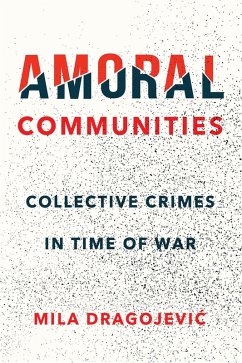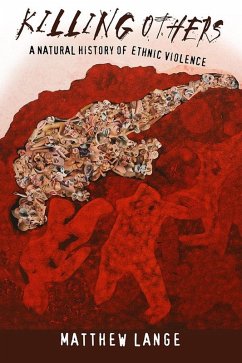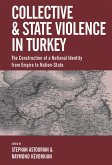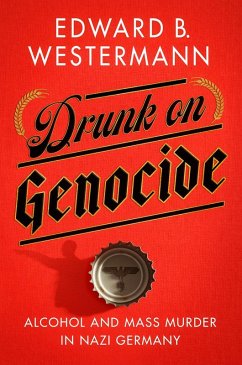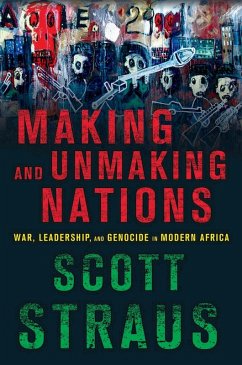In Amoral Communities, Mila Dragojevic examines how conditions conducive to atrocities against civilians are created during wartime in some communities. She identifies the exclusion of moderates and the production of borders as the main processes. In these places, political and ethnic identities become linked and targeted violence against civilians becomes both tolerated and justified by the respective authorities as a necessary sacrifice for a greater political goal.
Dragojevic augments the literature on genocide and civil wars by demonstrating how violence can be used as a political strategy, and how communities, as well as individuals, remember episodes of violence against civilians. The communities on which she focuses are Croatia in the 1990s and Uganda and Guatemala in the 1980s. In each case Dragojevic considers how people who have lived peacefully as neighbors for many years are suddenly transformed into enemies, yet intracommunal violence is not ubiquitous throughout the conflict zone; rather, it is specific to particular regions or villages within those zones. Reporting on the varying wartime experiences of individuals, she adds depth, emotion, and objectivity to the historical and socioeconomic conditions that shaped each conflict.
Furthermore, as Amoral Communities describes, the exclusion of moderates and the production of borders limit individuals' freedom to express their views, work to prevent the possible defection of members of an in-group, and facilitate identification of individuals who are purportedly a threat. Even before mass killings begin, Dragojevic finds, these and similar changes will have transformed particular villages or regions into amoral communities, places where the definition of crime changes and violence is justified as a form of self-defense by perpetrators.
Dragojevic augments the literature on genocide and civil wars by demonstrating how violence can be used as a political strategy, and how communities, as well as individuals, remember episodes of violence against civilians. The communities on which she focuses are Croatia in the 1990s and Uganda and Guatemala in the 1980s. In each case Dragojevic considers how people who have lived peacefully as neighbors for many years are suddenly transformed into enemies, yet intracommunal violence is not ubiquitous throughout the conflict zone; rather, it is specific to particular regions or villages within those zones. Reporting on the varying wartime experiences of individuals, she adds depth, emotion, and objectivity to the historical and socioeconomic conditions that shaped each conflict.
Furthermore, as Amoral Communities describes, the exclusion of moderates and the production of borders limit individuals' freedom to express their views, work to prevent the possible defection of members of an in-group, and facilitate identification of individuals who are purportedly a threat. Even before mass killings begin, Dragojevic finds, these and similar changes will have transformed particular villages or regions into amoral communities, places where the definition of crime changes and violence is justified as a form of self-defense by perpetrators.
Dieser Download kann aus rechtlichen Gründen nur mit Rechnungsadresse in A, D ausgeliefert werden.

